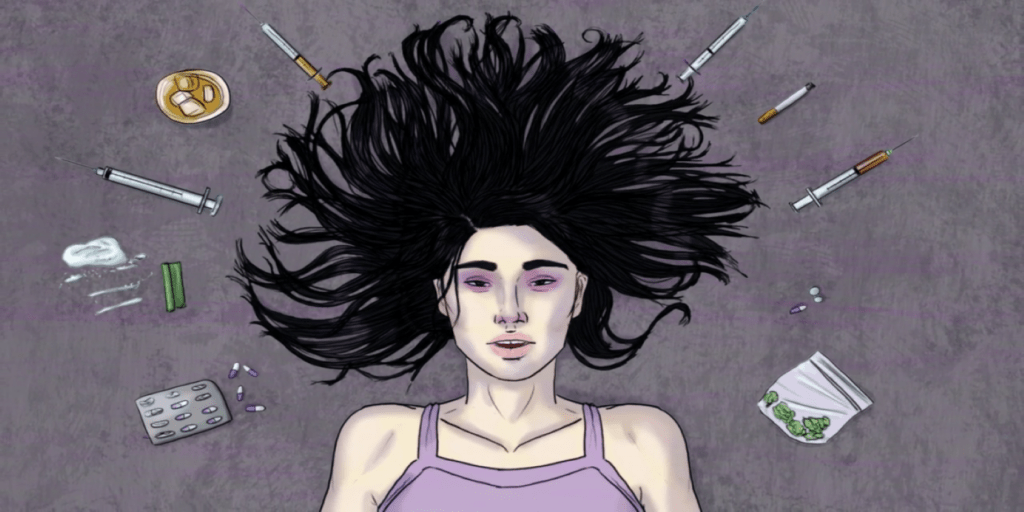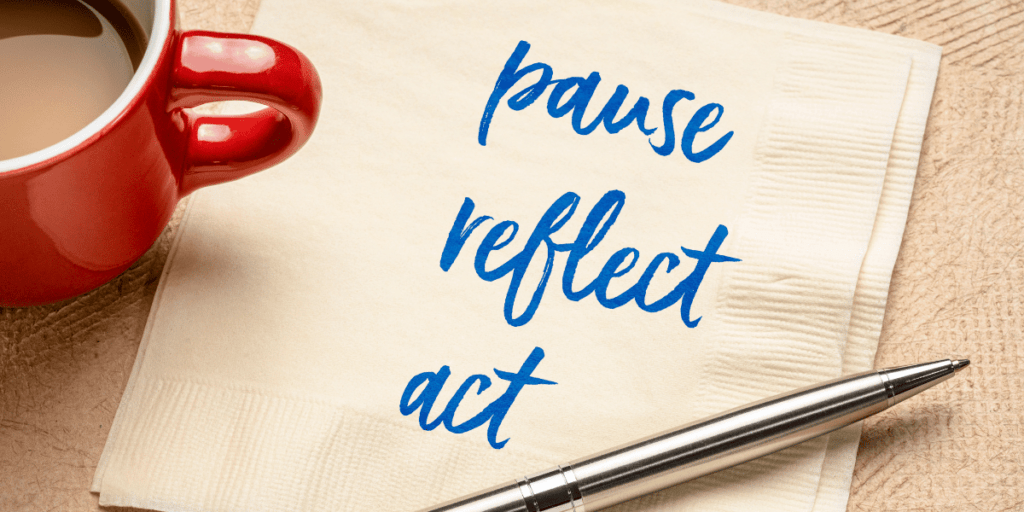
The festive season is often a time of joy and celebration, however amongst the merriments, there can, unfortunately, also be an increase in drug and alcohol intake. As healthcare professionals, we are all too familiar with the challenges posed by drug and alcohol misuse. Employers also should have an awareness of the impact that increased drug and alcohol intake can also have on their staff and their organisation. It’s important for us all to be able to recognise the potential health implications of these excesses, particularly during the festive season, including the physical, mental, and social consequences.

During the festivities, social gatherings and events are plenty and with them, the potential for increased drug and alcohol consumption. Peer pressure, societal norms and the desire to relax and unwind can all contribute to substance misuse and people drinking more that they typically would. Advertising and marketing campaigns often emphasise alcohol as an essential element of celebration. This in combination with the spirit of celebration, can lower inhibitions and create a culture of overindulgence which is often perceived as socially acceptable.
However whilst the festive season is a time of joy, for many it can also be emotionally charged with feelings of stress, loneliness or grief. As a coping mechanism, some people may turn to drugs and alcohol to deal with the stress and tension associated with this time which can also exacerbate any existing mental health issues. Feelings of loneliness and isolation can also be particularly pronounced over the festive period and some may use drug or alcohol intake as a way to self-medicate, seek solace and temporarily escape any emotional distress.
Substance misuse is a type of substance-related disorder in which the user consumes the substance in amounts or ways that are harmful to themselves or others. Substances or drugs fall into various categories including depressants, stimulants and hallucinogenic. Whilst alcohol is a drug which lies in the depressant category, here we will explore drug and alcohol misuse separately.
According to the Office of National Statistics (ONS), approximately 1 in 11 adults aged 16-59 and 1 in 5 adults aged 16-24 reported illicit drug use in the last year (ending June 2022). Cannabis has consistently been the most used illicit drug in England and Wales.
There is no such thing as a safe level of alcohol or drug use, and using any drug always carries some risk. The effects of mixing drugs, in particular, can be unpredictable, putting people at greater risk of overdose, including death.

Alcohol misuse occurs when drinking becomes harmful or when dependence on alcohol develops. According to NHS guidance, to minimise health risks associated with alcohol, it is recommended that both men and women avoid regularly consuming more than 14 units per week. It is also advised to spread alcohol consumption evenly over three or more days and incorporate completely alcohol-free days. Pregnant individuals are recommended to avoid alcohol entirely.
According to the National Institute of Health and Care Excellence (NICE) guidance: Alcohol-use disorders, alcohol dependence affects 4% of people in England aged 16-65 (6% of men and 2% of women), and more than 24% of the English population (33% of men and 16% of women) consume alcohol in a way that is potentially or actually harmful to their health or well-being.
Despite the significant scale of the issue, only 6% of the estimated 1 million alcohol-dependent individuals aged 16-65 in England receive treatment each year. This low treatment rate is partly attributed to the time it takes between developing alcohol dependence and seeking help and the limited availability of specialised alcohol treatment services in certain regions. Additionally, the underreporting of alcohol misuse by health and social care professionals could lead to missed opportunities for delivering effective interventions.
Data published by the Office of National Statistics (ONS), shows that in 2021, the UK registered 9,641 deaths (14.8 per 100,000 people) from alcohol-related causes, the highest number on record. This increase is most likely due to increased alcohol consumption during the COVID-19 pandemic, with alcohol liver disease being the leading cause of alcohol related deaths (78%). Consistent with previous years, the death rate for males is around twice the rate for females.

Increased drug and alcohol intake can have a profound impact on the physical, mental and social wellbeing of the individual. However the toll that drug and alcohol misuse can have is not only personal but extends beyond that to increased healthcare costs, crime rates, and societal challenges. Drug and alcohol misuse can cause issues with far-reaching consequences, emphasising the critical importance of prevention, intervention, and support systems in mitigating the impact.
Let’s explore further some of the impact that increased drug and alcohol intake can have.
The immediate risks of excessive alcohol consumption and drug misuse include accidents, injuries, violence, unprotected sex and participating in other risky behaviours. Long-term consequences encompass serious health conditions like heart disease, stroke, liver disease, various cancers, pancreatitis, and brain damage. Excessive alcohol intake can also lead to alcohol poisoning which can be fatal and some drug misuse can be life-threatening. Healthcare professionals should be prepared to address these acute issues in emergency and urgent care settings. Understanding the potential ramifications of long term misuse is also crucial for comprehensive patient care.
Drug and alcohol misuse doesn’t only affect physical health, it can also be closely linked to mental health challenges. Increased anxiety, depression, and mood disorders can be exacerbated during the festive season, and are all potential impacts of increased alcohol and drug intake. It’s therefore crucial for healthcare professionals to address this and its impact on mental well-being.
Drug and alcohol misuse can strain relationships and have a detrimental effect on an individuals professional life, leading to workplace issues, unemployment or even homelessness. Recognising the social and occupational consequences is essential for providing comprehensive care to individuals struggling with substance and alcohol misuse.

We can help to identify individuals at risk of increase drug and alcohol misuse through implementing effective screening protocols such as the Alcohol use disorders identification test (AUDIT). Assessing their history and current habits allows for targeted support and early intervention strategies such as counselling and support services to prevent the escalation of drug and alcohol-related issues.
We can educate patients about the risks associated with drug and alcohol misuse including the impact it can have on both physical and mental wellbeing. Increasing awareness among both healthcare professionals and the general public is instrumental in fostering a culture of responsible drinking and drug use.
We can aim to provide timely intervention strategies, such as counselling and support services, to address issues before they escalate. Treatment for alcohol and drug misuse will depend on how much alcohol a person is drinking or the types of drugs they have been using. Treatment will often combine a number of different strategies and can include talking therapies, such as CBT and counselling, treatment with medications and/or detoxification amongst others.
It’s important to recognise the link between substance abuse and mental health. We can help to collaborate with mental health professionals and other organisation and support networks to ensure a comprehensive approach that addresses both the physical and psychological aspects associated with substance misuse. In addition to the NHS, there are a number of charities and support groups throughout the UK that offer help and advice. By working together, healthcare professionals can ensure that individuals struggling with drug and alcohol issues receive holistic care.
As we approach the festive season, healthcare professionals play a vital role in safeguarding the well-being of individuals at risk of drug and alcohol misuse. We should try to encourage safe and responsible drinking during the festive season and offer resources for safe celebrations, emphasising moderation and alternatives to excessive consumption.
Managers and employers should also understand their responsibilities regarding drugs and alcohol, as well as the signs of misuse and what policies they can implement to help protect their employees.
Through an awareness of the immediate and long-term effects of drug and alcohol misuse on both physical and mental well-being, we can put into place, practical measures to lessen its effects to help to empower individuals to make informed choices about their health.

Drug & Alcohol Awareness Training
Our Drug and Alcohol Awareness Training has been designed to equip employers, managers, and employees with the knowledge to recognise the signs and symptoms of substance abuse; to understand the effects addiction has on both physical and mental health, and to make clear the impact substance abuse has on a workplace and their legal responsibilities regarding it.
Why not reflect on your learning from this article as part of your continuing professional development (CPD). Click below to fill out a short form which can be emailed to yourself for your own records.

To read more articles like this please sign up to our free weekly blog by visiting our HealthEd Blog Page. Click the image below and scroll to the bottom to submit your details.

Giving you written and video content to answer all your questions on primary care education from Phlebotomy to Travel Health.
Subscribe now to be kept updated with our latest posts and insights.
Start typing to search courses, articles, videos, and more.